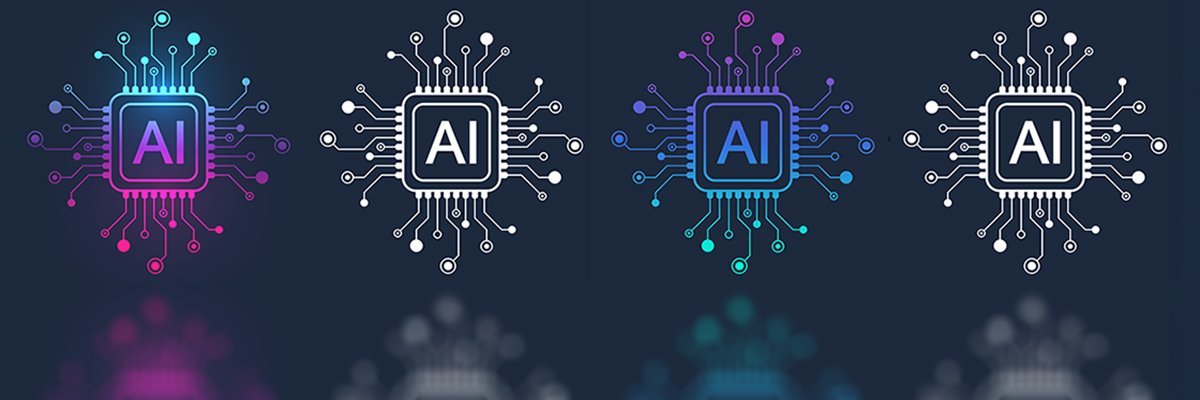
"In its study, The on-device AI market for IoT applications, Berg Insight said that it has identified 40 key companies that shape the on-device AI landscape, and it believes that the market can broadly be divided into two layers. The first encompasses hardware categories such as AI SoCs or system-on-modules (SoMs), AI accelerators and AI microcontroller units (MCUs), each optimised for different levels of performance, power efficiency and integration."
"The analyst said AI SoCs typically integrate components such as general-purpose and specialised AI compute cores, on-chip memory and connectivity on a single chip, while SoMs extend this design by including external system memory, storage and interface components on a larger board, targeting more advanced use cases. AI accelerators are those designed to enhance AI inference efficiency in existing systems, typically working alongside a separate host processor in embedded applications."
The on-device AI market grew 22% between 2023 and 2024 to reach US$10.1bn. Integration of AI capabilities directly onto IoT devices is enabling new classes of applications, notably in automotive and Industry 4.0, with embedded AI platforms and micro-power Wi‑Fi SoCs supporting intelligent computing. The market can be divided into two layers: hardware (AI SoCs, system-on-modules, AI accelerators and AI MCUs) and on-device AI platforms that combine hardware, software and developer tools. AI SoCs pack compute cores, memory and connectivity; SoMs add external memory and interfaces; accelerators improve inference efficiency; MCUs enable neural networks in low-power endpoints. Forty key companies shape the landscape.
Read at ComputerWeekly.com
Unable to calculate read time
Collection
[
|
...
]